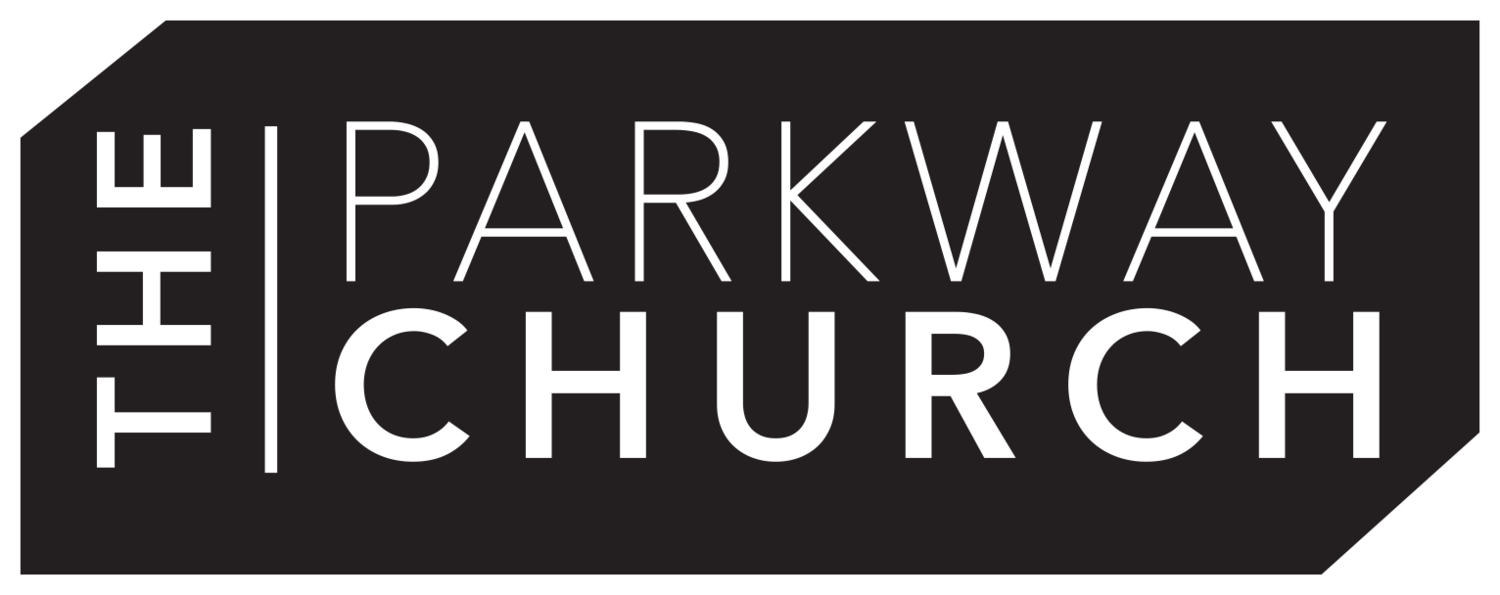Bad Theology Kills
Turn on the news and you will see that bad theology kills. Literally.
In 1978 nearly 1000 people died by mass suicide in Jonestown, Guyana as part of Jim Joneses “Peoples Temple.” In 1993, nearly 100 people died in Waco in the aftermath of the Branch Davidian siege.
More recently, a northeast couple was charged and convicted of homicide after the death of their infant son. It was their second such son to die of a treatable medical condition. However, the parents refused medical attention on the basis of religious belief in faith healing.
As news broke on the conviction of the couple, reports also circulated that a semi-celebrity pastor was killed as a result of snakebite. The bite occurred as part of a charismatic sub-culture which practices snake-handling on the basis of passages like Mark 16:18 and Acts 28:3.
“Son of Sam” murders and suicide bombings and countless daily tragedies serve as a painful and profound reminder that bad theology kills.
A Misinterpretation of Scripture
Such stories demonstrate the tragic results that accompany misunderstanding and misapplying Scripture and they should, thus, serve as a warning to think rightly in order to live rightly. In each case, we see a mishandling of the biblical text with devastating and destructive consequences.
Take the northeast couple for example. The fact that God sometimes heals does not mean that He promises to always do so. Regardless, there is nothing in Scripture to suggest that medicine or science in general is opposed to divine healing. Perhaps medicine is the very means by which God will exercise the miraculous grace of healing. Bad theology presumes upon God’s grace while rejecting the very means by which He often provides it.
As for snakes, the fact that Paul survived a snake bite in no way represents a promise that we will as well, or a prescription that we make a habit of handling them. Furthermore, the account in Mark 16 of handling snakes is probably not part of the original text (we will get to that in March in our march through Mark’s gospel). Even if the text is canonical, it no more commands snake handling than it does popping a couple of capsules of cyanide. Bad theology universalizes a descriptive text and turns it into a prescription or promise.
A Profound Parable
These news stories are unique in that they represent very visible and temporal examples of a universal spiritual reality. Serpentine whispers in the garden always lead to death.
The snake handling case in particular serves as a powerful parable for our own lives. Let’s set the record straight. We all handle snakes, metaphorically speaking. We all believe things that are untrue and live our lives accordingly. We all pick up serpents, carry them in our pockets and place them in our bed.
Fortunately, for most of us, those serpents are small and seem relatively safe. Our bad theologies matter, but perhaps not with such immediate and demonstrable consequences as snake handling and presumptive faith healing. We reach down into our theological terrarium and remove what seems a harmless pet (self-sufficiency, apathy toward the local church, the American dream, whatever it might be). We think we are safe because we hear no familiar rattling or hiss and see no spread hood.
But even small snakes can become large and even non-venomous snakes can be dangerous.
Good Theology Frees
If bad theology is venomous then good theology is vital. It protects and preserves us from the subtle lies of snake handling. It is not an empty academic exercise, but instead a formidable fortress to protect us from the viper’s venom and a sharp sword to crush its head.
"...and you will know the truth, and the truth will set you free.” (John 8:32)
Good theology frees us from the chains of condemnation and addiction. Good theology empowers us to overcome sin. Good theology protects us from presumption and pride. Good theology helps us to love our spouses and discipline our kids. Good theology teaches us to love our neighbor and pray for our enemies. How could theology be dull or dry?
Theology is not some detached discussion of doctrine, it is the careful consideration of the nature, character and work of our God. As A.W. Tozer once wrote “What comes into our minds when we think about God is the most important thing about us.”
So, in light of this, what are you doing to grow in your theological understanding? What are you doing to spot the camouflaged serpent lying in wait? How are you deepening your understanding of the King and His Kingdom?
Perhaps consider joining us for our upcoming theological equipping class. We will meet each Sunday from January 8 through June 25 from 9:00-10:15am as we focus on bibliology and hermeneutics to answer questions like:
Where did the Bible come from?
Is it trustworthy?
What do we do with alleged discrepancies?
Was there a church-wide conspiracy to suppress certain books from making it into the Bible?
How should we read and study it?
What are some tools to help us in interpretation?
Will you join us as we attempt to think clearly that we might avoid the viper and destroy death-inducing doctrine by the truths of God’s word?
